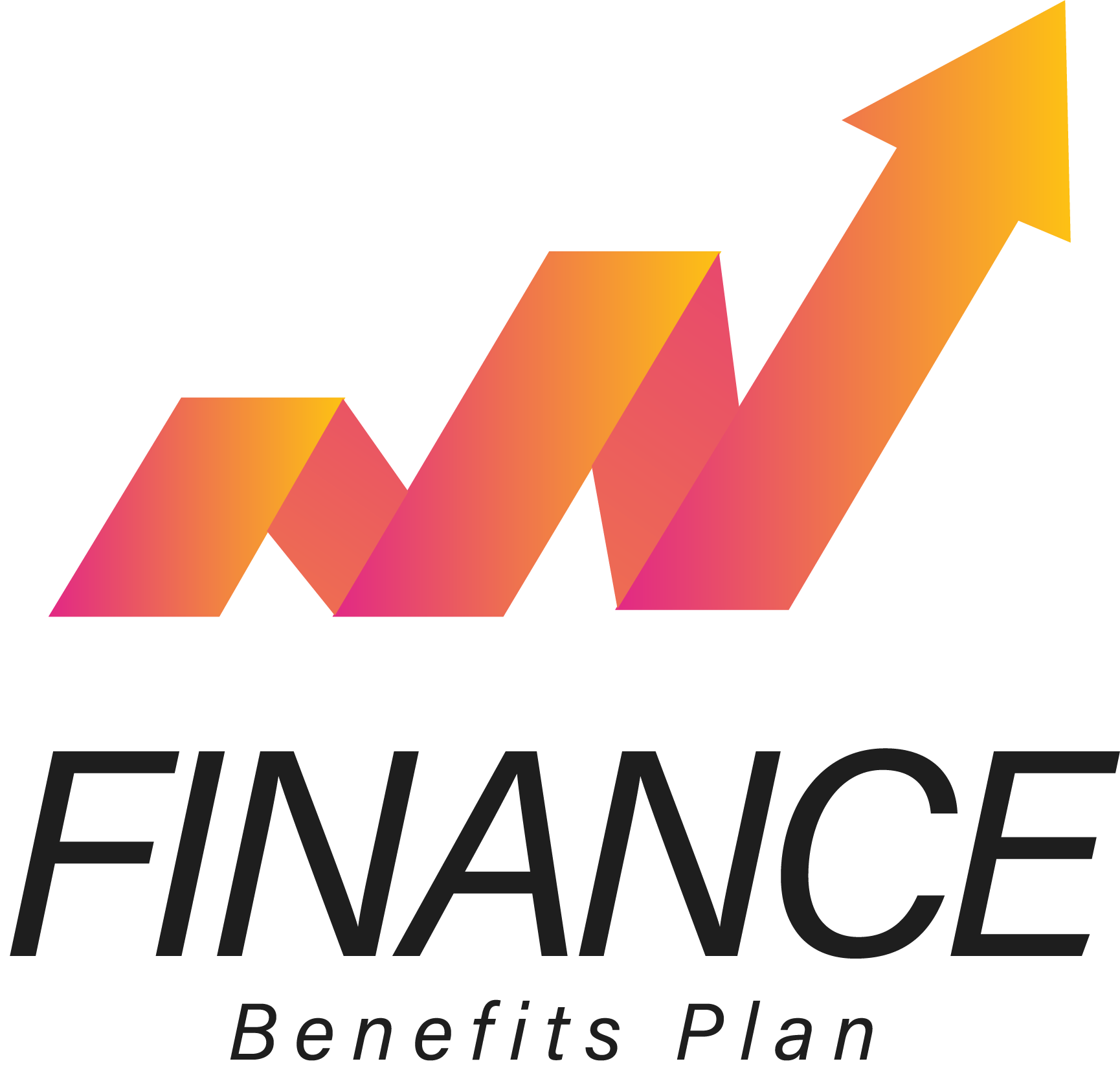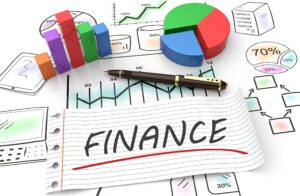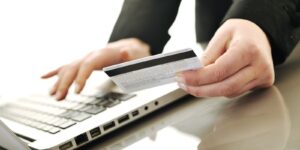Of all the questions our members ask concerning online banking, the one we hear most is, “How safe is online banking?” We’re here to tell you that online banking is just as safe and secure as the transactions you make at your branch. Most credit unions employ high-end encryption software, meaning every transaction you make is encrypted or coded-an extremely secure way of transmitting sensitive information over the Internet. You’ll know your software is at work when you see a padlock or key icon in the bottom corner of your Web browser. When you see these, you’ll know that your transaction is being encrypted – making you feel safe about what you’re doing. In addition to secure software, online banking services take an additional precaution by requiring every member to create their own unique username and password for online login. Although hacking into online accounts seems easy in the movies, you can be rest assured that your credit union is providing you with safe, convenient banking options.
As the use of online banking becomes more popular, safe internet banking involves making good decisions that will help you avoid costly mistakes or even scams. Follow these tips and you can minimize the risks to your finances:
Create a strong password: If your credit union requires a user-generated password to access their online accounts make sure you choose one that is very strong. Avoid using common words or phrases and never create a password that contains your name or date of birth. It would be best to make your password a mix of upper and lower case letters, numbers, and special characters. Also, change your passwords on a regular basis. If your credit union asks you to provide answers to security questions, remember that the answer you give doesn’t have to be the real one.
Never send usernames or passwords through e-mail: No credit union will ever request personal information over e-mail. Never send your username, password, PIN, account information, or credit card number over e-mail. Remember, email is unencrypted and if intercepted by a third-party, it could be used to penetrate your online financial files. Also, be aware of unsolicited phone calls that claim to be from your credit union. If in doubt, hang up and call your member representative to verify the call.
Access your accounts from a secure location: For most people we suggest you use your online banking while at home. If you access online banking at work, remember, your business can install key loggers or other monitoring methods that store usernames and passwords. When on an unknown wireless network make sure the network you are connecting to is secure using a Wi-Fi Protected Access (WPA). All information being sent from an unprotected network can be intercepted and read by someone in close proximity. Also, it is best not to log in to your online account from a friend’s computer. It could unintentionally log usernames and passwords that could be used to access your accounts.
Always log out when you have completed your online banking session: You may also want to set up additional browser security on your computer or smart phone to clear its cache at the end of each session.
Always monitor your accounts regularly: Monitoring your account statement for any unauthorized transactions is always a good practice. With online banking you have access to your accounts 24/7. Take advantage of that option and check your account on a regular basis. If you spot any irregularities, contact your credit union immediately.
Shred or safely store your financial mail. Hardcopy bank statements, investment documents and other financial paperwork can make it easy to steal account numbers, social security numbers and other personal financial information. Limit your paper trail by shredding important documents or shifting to an online document storage.
If you are hacked, notify your credit union quickly: If you think you are a victim of fraud call your credit union immediately so they can begin to monitor your account for any signs of identity theft. They can shut down your accounts or replace your cards if necessary. If you report fraud in a timely manner, the law limits your liability between $50 and $500.
Remember, those bad guys will go for the files that are unprotected, so if you follow the basic measures listed above you can definitely limit your risk. While there will always be concerns about online security at credit unions, you can be assured that credit unions have a very high stake in making you feel comfortable about the level of security being used to protect their members. As we all know, nothing in this world is perfectly safe, but online banking is certainly as close as offline banking in providing safety of your financial transactions.









